Perhaps we all have our first memories of celebrating Memorial Day. Mine comes from 1945 when my father returned from the Pacific Theater of World War Two. I was only two.
My father didn’t have to go to war as he had a family and was “safe” from the draft. Nevertheless, he volunteered after being recruited by the newly founded OWI, or Office of War Information. The OWI wanted men and women, like my father, whose graphic, photography, writing and communication skills at J. Walter Thompson, the worldwide advertising agency, had been noted and would help defeat the Japanese. He felt it was his patriotic duty and was buoyed, no doubt, by having close friends with families who had volunteered.
I believe that there was also a sense of the “romance” of going to fight in far-off lands that perhaps could be found in men of his generation. It was the big black trunk, filled with so many exotic and beautiful things from his eighteen months in China, Burma and India that fuels my belief that my father was a romantic adventurer as well as a patriot.
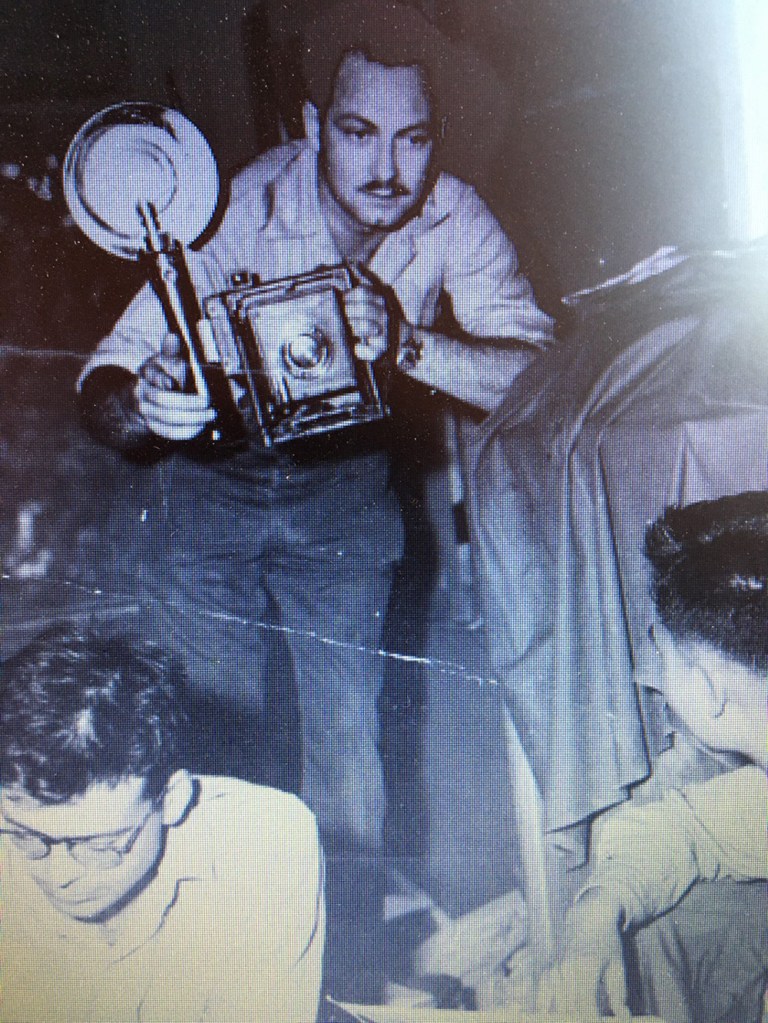
The trunk’s contents — a beautiful cashmere jack from Kashmir, sapphires and diamonds from Burma, jade from China for my mother, silver filigreed bracelets, dolls in unusual clothing for me and my sister, many pairs of black lacquered chops sticks for family and friends (my father’s Cantonese assistant taught my father how to cook delicious Cantonese dishes) and more than 2,000 photos and many diaries containing his fascinating work and adventures, which would keep him alive for four years while he battled pancreatic cancer in his late sixties to write High Road to China.
The book was the idea of my father’s fabulous agent, Lucy Kroll, who adored my father and her more famous other clients (James Earle Jones gave the eulogy at Lucy’s funeral). Lucy had a true gift for spotting talent, and when she saw the photos and read the diaries she immediately knew that there was a book there.
On most days my father would go to his studio, attached to my parent’s ivy-covered cottage in Chatham, Cape Cod, and write a few pages from his diaries, helped by his unique photos — he was the first American to go over the Burma Road (hence the title) and was in Canton when the Japanese surrendered and caught the ceremony on camera — even though the disease took increasingly more of his strength. Lucy would fly up to Chatham every few months to check on my father and the book.
My father did finish the book and my mother had one copy bound after my father died. She left it up to me to edit and include captioned photos. Now that I am settled in France, I shall finish the job. The book is staring at me as I write. Memorial Day would be as good as any other day to start and complete a unique, wonderful and very interesting journey that few know about. Duty calls.



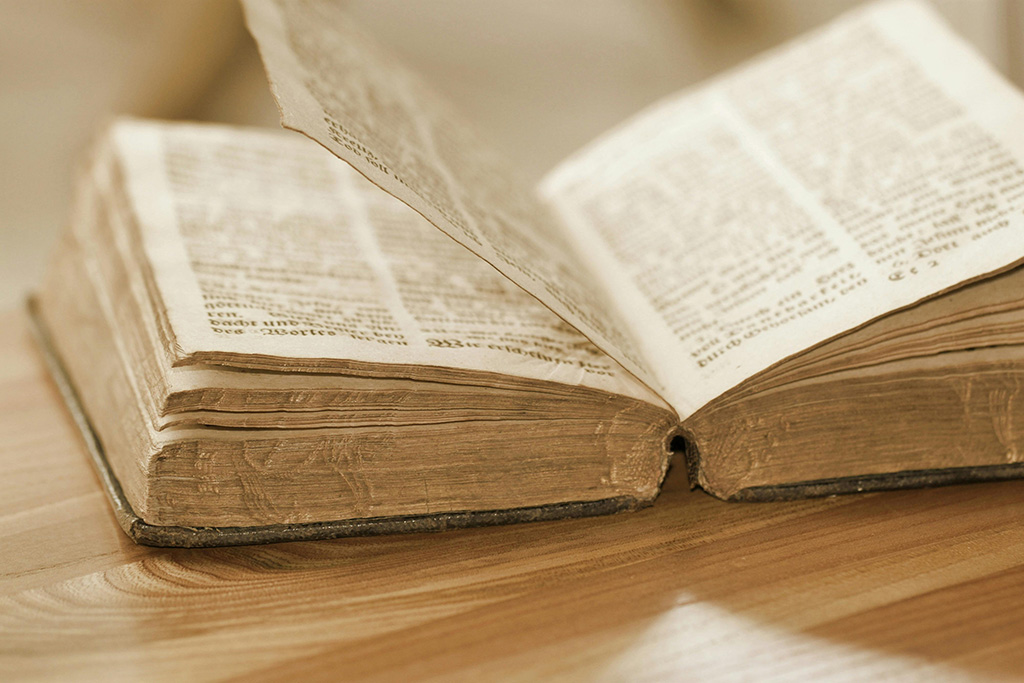






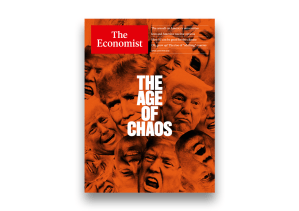
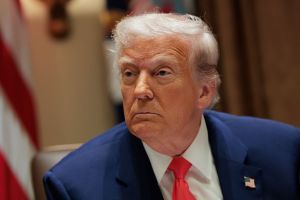

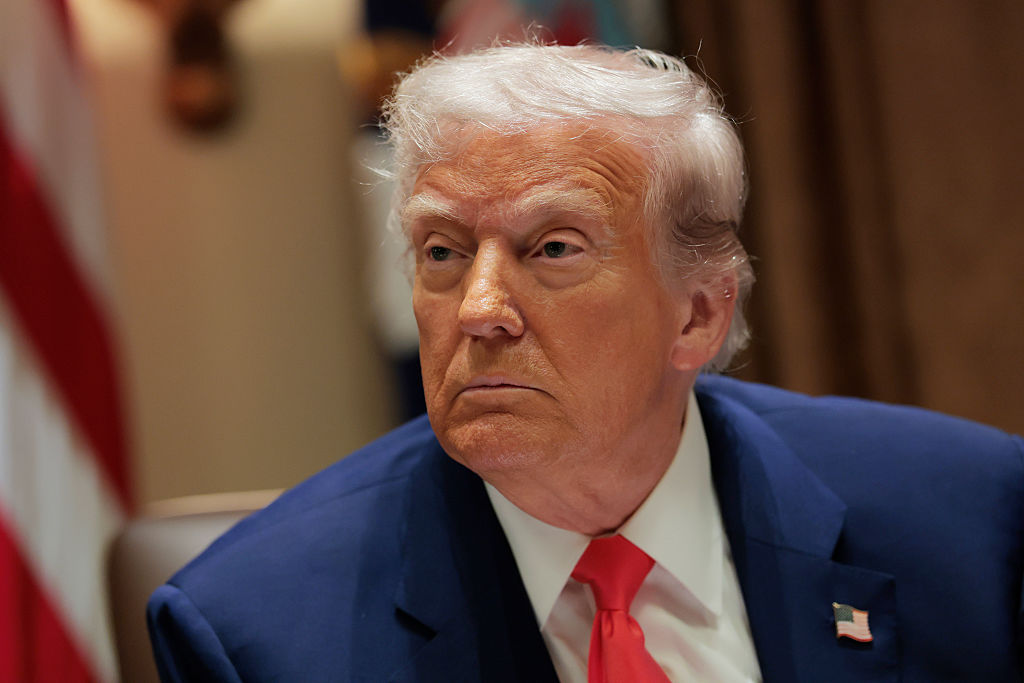
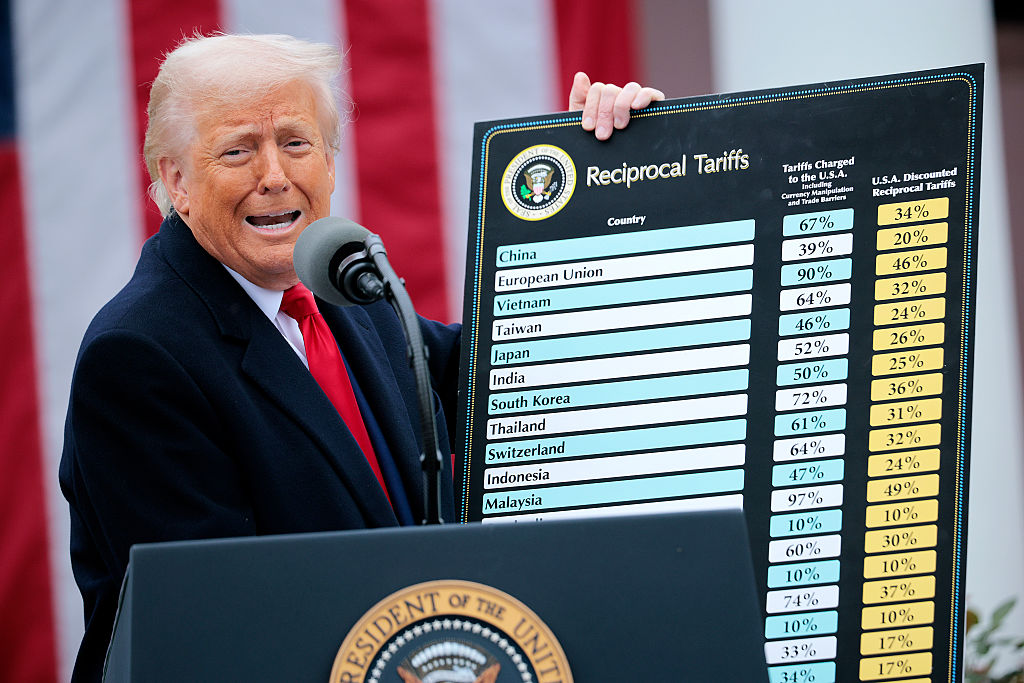
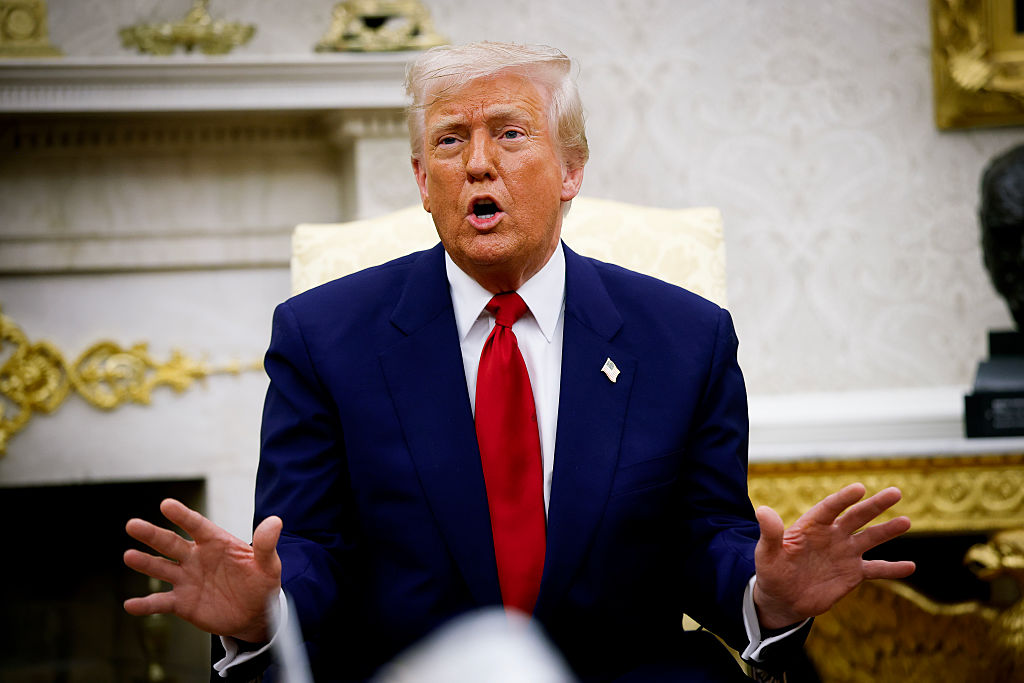
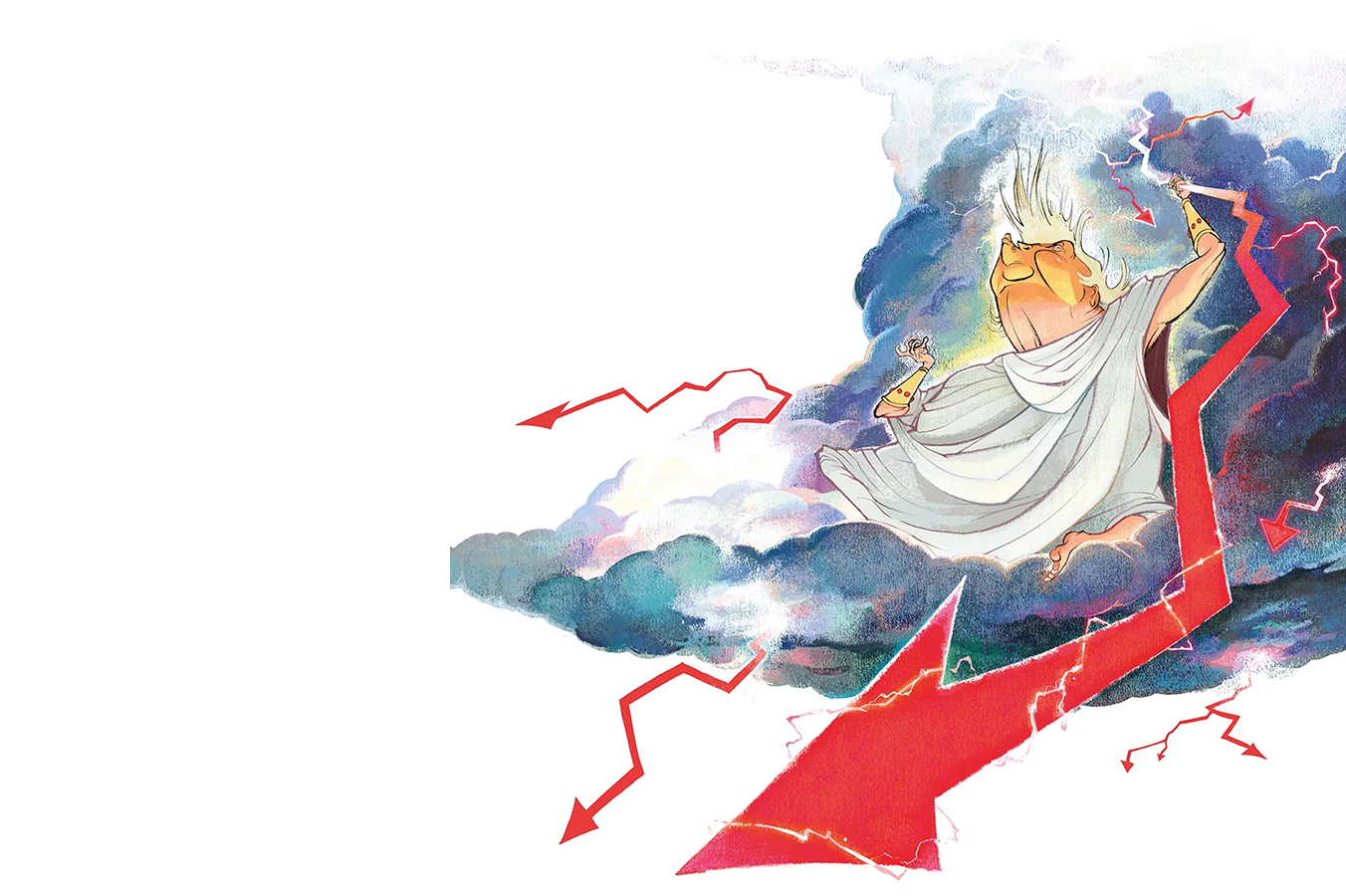

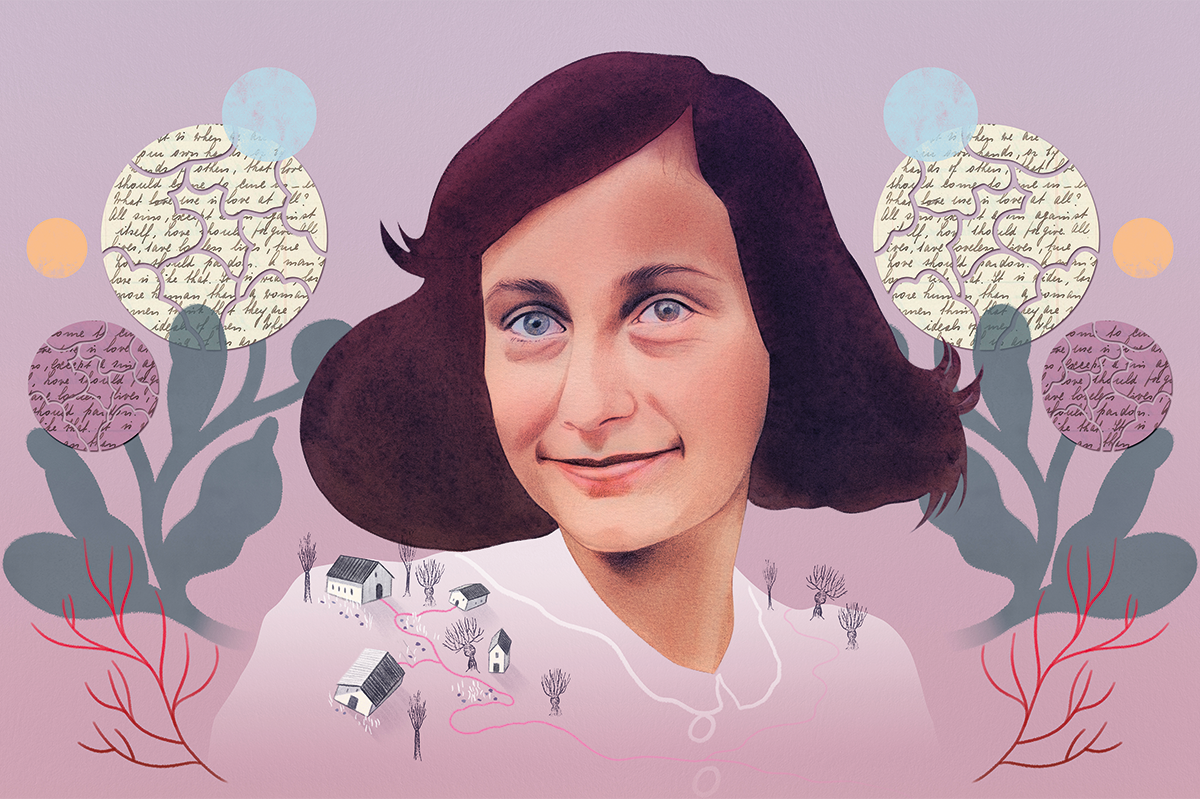







Leave a Reply